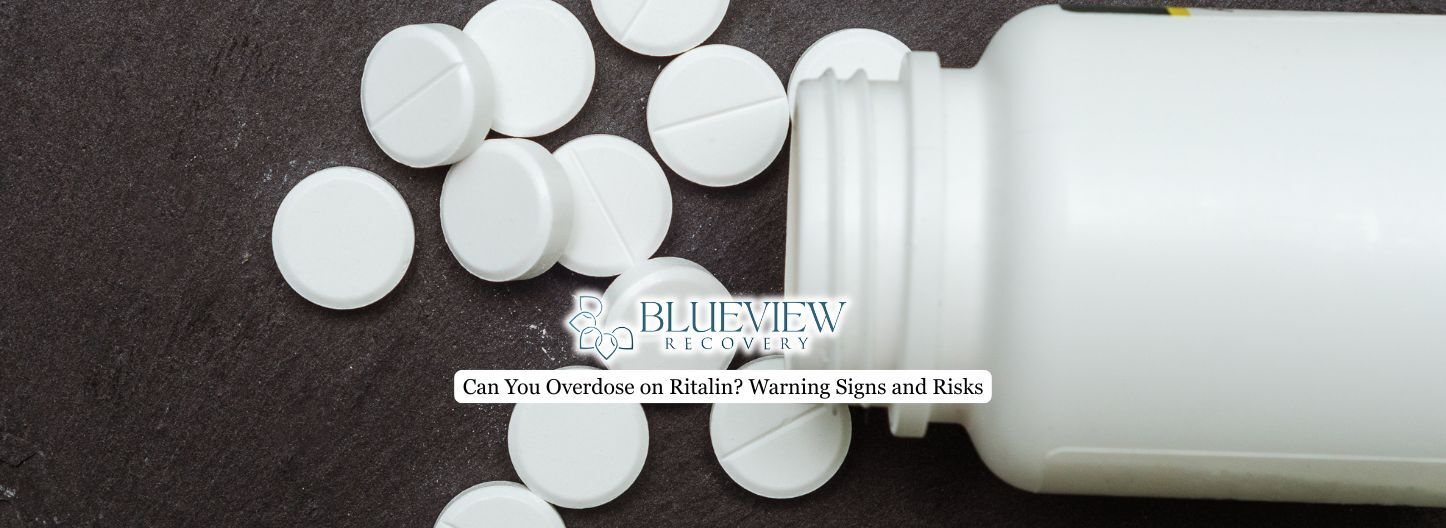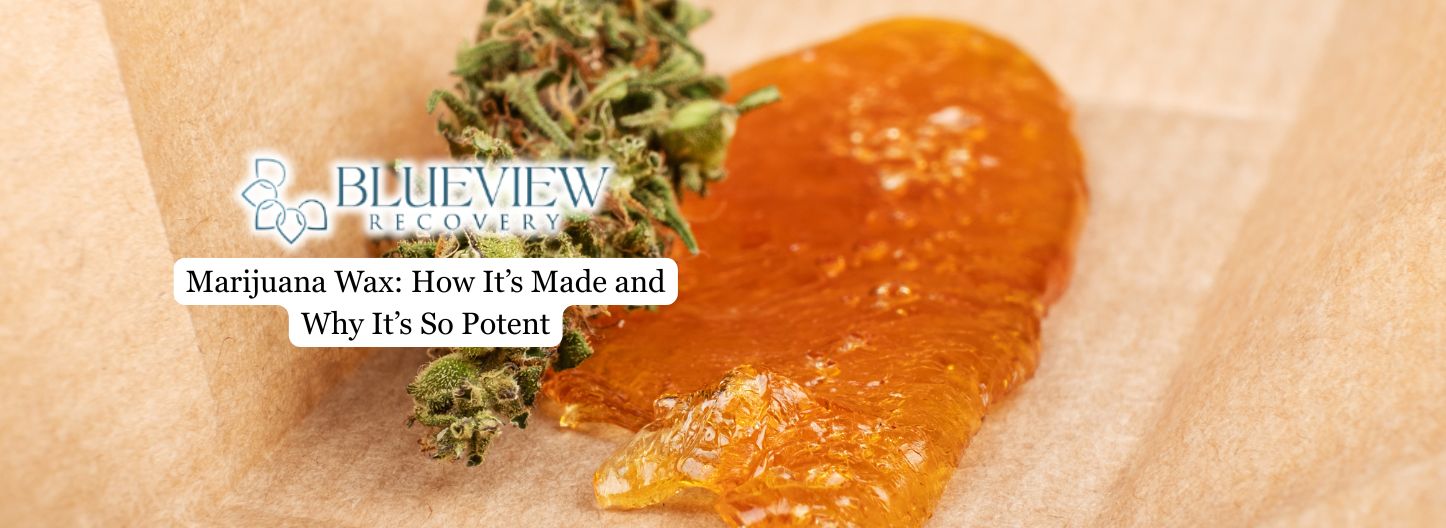K2, “Spice”, or “synthetic marijuana” use is strongly associated with the induction of acute psychotic episodes that can be severe and prolonged. While many individuals recover fully with cessation and treatment, synthetic cannabinoid use may precipitate permanent or chronic psychosis, particularly in those with underlying vulnerabilities or chronic use patterns.
This article will explore how K2 and other synthetic cannabinoids affect the brain and induce psychosis, the characteristics and severity of these psychotic episodes, and whether K2 use can result in permanent or long-lasting psychosis.

What Is K2 and How Does It Affect the Brain?
K2 is a type of synthetic cannabinoid, a designer drug engineered to mimic the effects of natural cannabis but with often much greater potency and unpredictability.
Synthetic cannabinoids bind primarily to the cannabinoid receptors CB1 and CB2, located in the central and peripheral nervous systems. Unlike natural cannabis or Tetrahydrocannabinol (THC), which is a partial agonist at these receptors, synthetic cannabinoids act as full agonists, leading to a stronger psychoactive effect.
This increased receptor activation is associated with more intense and adverse effects compared to natural cannabis, including severe agitation, paranoia, and psychosis. The potency of K2 means users may experience more frequent and severe psychiatric symptoms, including hallucinations and delusions, even after a single use.
Because of these risks, seeking professional K2 addiction treatment is essential for addressing both the physical and psychological effects of use, ensuring a safer path to recovery.
Psychosis Induced by K2 Use
Psychosis triggered by synthetic cannabinoid use can involve a broad range of symptoms, such as visual and auditory hallucinations, paranoia, delusions, disorganized thinking, and severe agitation. Acute psychotic episodes often arise quickly following ingestion and typically subside within hours to days. However, some individuals experience longer-lasting symptoms.
Notably, psychotic symptoms associated with K2 tend to be more aggressive and rigid than those seen with natural cannabis use. Reports describe unusual hallucinations like “flashes of color” and geometric patterns that differ from typical psychotic experiences. These psychoactive substances can also cause symptoms like depersonalization, dissociation, catatonia, and severe anxiety.
Can K2 Use Lead to Permanent Psychosis?
The question of whether K2 can cause permanent psychosis among cannabis users is complex and influenced by multiple factors, including frequency of use, individual susceptibility, and pre-existing mental health conditions. While many cases of synthetic cannabinoid-induced psychosis resolve after cessation and appropriate antipsychotic treatment, several reports document persistent psychosis lasting weeks or months post-exposure.
Some users have developed chronic schizophrenia-like disorders following repeated or extended use, especially if they have a genetic predisposition or prior history of psychiatric illness. Case series reveal that a subset of patients remained psychotic even after stopping K2, requiring prolonged hospitalization and ongoing psychiatric care.
Relapse of psychotic symptoms is common if synthetic cannabinoid use resumes, underscoring the importance of sustained abstinence. Thus, while not all K2-induced psychosis becomes permanent, there is significant potential for long-term psychiatric consequences in vulnerable individuals.

Clinical Management and Treatment Outcomes
Managing K2-induced psychosis typically involves supportive care and pharmacological treatment in hospital settings. Benzodiazepines are often used to reduce agitation and anxiety, while antipsychotic medications help control hallucinations, delusions, and disorganized thoughts.
Hospital stays may be longer than those for psychosis related to natural cannabis, reflecting the severity of symptoms with synthetic cannabinoids. Treatment outcomes are generally good if patients receive early intervention and remain abstinent, but relapse risk remains high without sustained addiction treatment and support.
Public Health and Preventive Considerations
The increasing use of synthetic cannabinoids like K2 poses a significant public health challenge due to the frequency and severity of associated psychosis and emergency department visits. Public awareness campaigns are crucial to educate about the risks of these potent psychoactive substances.
Routine screening for synthetic cannabinoid use in psychiatric assessments can aid timely diagnosis and intervention. Prevention programs targeting recreational users and integrating addiction treatment services can reduce the incidence and impact of synthetic cannabinoid-related psychosis.
Ongoing research is needed to better understand the mechanisms behind synthetic cannabinoid-induced psychosis and to develop targeted clinical guidelines and effective treatment programs.
Final Thoughts from Blueview Recovery
K2 use, involving synthetic cannabinoids like “Spice” or “synthetic marijuana,” can cause severe psychotic symptoms such as paranoia, hallucinations, and agitation. While many cases of K2-induced psychosis are acute and resolve with treatment, some individuals—particularly those with heavy or long-term use—may experience persistent or chronic psychosis.
At BlueView Recovery in Philadelphia, PA, our K2 and Spice addiction treatment program offers medically supervised detox, evidence-based therapies, and personalized long-term recovery planning. We provide the specialized care, resources, and ongoing support you need to overcome addiction safely and build a healthier future.





